
Maybe Baby
All her girlfriends were having more children. Every Brit and Kiddush was another grain of salt on her already stinging emotional wounds. Then she said thank you...

My husband and I have been married for well over a decade, and we’ve been blessed with two wonderful children.
Each child came at the end of a long, heartbreaking time period of ‘infertility’ – where doctors couldn’t find anything wrong, but I just wasn’t getting pregnant. Child number one arrived 4 years after we were married; child number 2 arrived two and a half years after that.
The second pregnancy in particular was incredibly trying – it’s before I’d even heard the word ‘emuna’ (despite the fact that we were religious), and I was in and out of hospital with one complication after another. I felt like I didn’t breathe for nine months, until after the delivery.
Although I desperately wanted more children – and I certainly wasn’t doing anything to ‘stop’ the process – honesty requires me to say that after the stress and worry of that pregnancy, I was in no rush to go through it again.
So it was only when my youngest’s third birthday came and went that I really started to want more children. By this time, I’d read the Garden of Emuna and heard a number of Rabbi Brody’s CDs, so I decided to pray for it. I prayed for a year, and nothing happened. Then, I decided it was time to go back to the doctors, who started me off on a round of hormone treatment (for no obvious reason) that sent my emotions all over the place and had me perched on the edge of an enormous depression after two months. At that point, I called Rabbi Brody for advice, and he said: “If you’d have asked me before you went to the doctors, I’d have told you not to take the hormones.”
I thought about this for a couple of days, and I came off the hormones, convinced that prayer WAS the way to go to, bezrat Hashem, have more healthy children. Thus began one of the toughest times in my life. After another year, I still wasn’t pregnant; what’s more, Hashem fixed it that practically every close friend I had was pregnant at around the same time.
I felt so isolated, so lonely. I felt that I must be doing something terribly wrong for ‘everyone else’ to be getting the blessing that I so desperately wanted for myself. I said tehillim. I visited the Kotel and kever after kever. I gave charity. I distributed 100s of CDs. I prayed for friends who were having problems conceiving (Baruch Hashem, nearly all of whom are now new mothers). I checked my clothing for Shatnez. I asked 40 friends to bake challahs. I said Perek Shira for 40 days. I sent my husband to Uman for Rosh Hashanah, and then asked him to daven at the Kotel for 6 hours straight. Nothing changed.
I was doing hitbodedut at this time – not an hour consecutively every day, but usually a good half an hour of talking to Hashem. I tried to think up arguments to ‘convince’ him to let me have more children; I begged; I tried to strike ‘deals’ with Hashem. I went from doing an OK job of taharat mishpacha to doing it as ‘machmir’ as I could.
Nothing changed.
Except that I started to dread being told that other people were expecting, or being invited to a brit or a simchat bat. The feeling of jealousy was so overwhelming. The situation was compounded by friends and family urging me to go back to the doctors, because they could ‘fix’ the problem.
After two years of all-consuming heartache, I cracked, and about six months ago, I went to a fertility doctor. He told me I was old (I was 34 at the time); that I’d been stupid to waste so much time on prayer alone; and that I could have six kids if I did exactly what he told me. I burst into tears.
Nevertheless, I made an appointment to get thoroughly checked out, and came back the next week with my husband. This time, the doctor spent a lot of time talking about checking for fetal abnormalities and aborting babies if there were more than two in there. I burst into tears again – and begged Hashem from the bottom of my heart to save me from these doctors.
I went for the tests and the check-up – and everything was fine. That’s when it hit me: even though I’d been praying for two years, some part of me thought that maybe something was wrong, and I’d have to go back to the doctors to fix it in order to have another baby. The doctors. Not Hashem.
When I realized that there was nothing wrong, I realized that the doctors couldn’t help me. It was entirely in G-d’s hands, and He had withheld more children from me for a reason.
The cloud started to lift. This was around the time my husband went to Uman for Rosh Hashanah. But it would take a couple more months until I really got what I consider to be *the* answer to my unspoken question: why me? Why was Hashem doing this to me?
My husband has been reading In Forest Fields – a book on hitbodedut by Rav Shalom Arush. One day, when I was feeling a bit low about the ‘time of the month’ again, he read me out a passage that I can honestly say has transformed my life.
It was the story of a couple who’d been married for many years, and who had tried every prayer, segula, treatment and bracha going to have kids – all unsuccessfully. Rav Arush told the woman to stop asking for children, and to instead to thank Hashem for her infertility. That wasn’t all: he also told her to thank Hashem for each and every newborn baby that was born to her friends and family members.
Sounds hard, doesn’t it? But when Hashem sends you such a clear message, you do your best to listen. So I did my best to stop thinking about my heartache, and to instead start thanking Hashem for not having more kids.
The first couple of days, I have to admit I probably sounded more sarcastic than sincere; but I persevered, and an amazing thing happened. Very quickly – within three or four days – Hashem started to open my eyes to all the reasons I had to thank Him sincerely.
Waiting five years for another child has taught me patience; it’s taught me to appreciate the two enormous blessings I already have; it’s helped to make me humble, knowing that I truly am not in charge of my life, whatever my ‘plan’ says; and it’s brought me closer to Hashem in a way that nothing else could.
But this whole process has also given me tremendous insight into myself. I am not a ‘natural’ mother – I have to work very hard to give my children the time, patience and commitment they need. ‘Everyone else’ may have more kids, but everyone else can probably cope with them.
I’m starting to understand that in order to function, I need my space, I need some time to myself, and I need to pursue other interests outside my family. Hashem knows this, and is giving me exactly what I need to fulfill my tikkun down here.
Would I like another child (or two….)? Of course. No question. But this five years of infertility has been one of the most invaluable life lessons I’ve had, and it’s helped me to fix parts of my personality and middot that would have been out of reach any other way.
Is it still painful? Yes, occasionally. But it’s no longer pointless, and it helps me to remember that what happens down here has a higher purpose and reason.
It’s also made me realize, yet again, about the importance of finding a spiritual guide you can really trust, and of listening to the advice they give you.
There were times in the last year and a half when I wondered if I should have come off the hormones, or stuck with the doctors after all. Now, thank G-d, that is no longer a question. Whether it would have ‘worked’ is a moot point: the real point is that Hashem sent me a soul correction, and if I would have tried to ‘short it’ by going the doctors route, He would have had to have sent it some other (probably much harder) way.
I learnt lessons with the heartache I’ve had over the past couple of years that usually only come at the price of a terminal illness, G-d forbid. So instead of feeling sorry for myself, I’m feeling at peace. I’m feeling that I’m doing my best to go on the path that Hashem has laid out for me, and if there are more children along that path, there is absolutely nothing that can stand in the way of us having them.


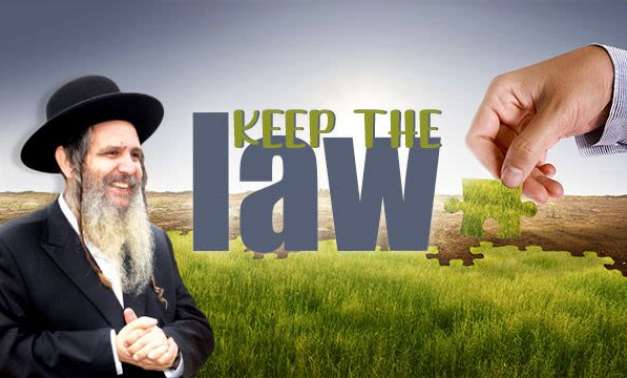
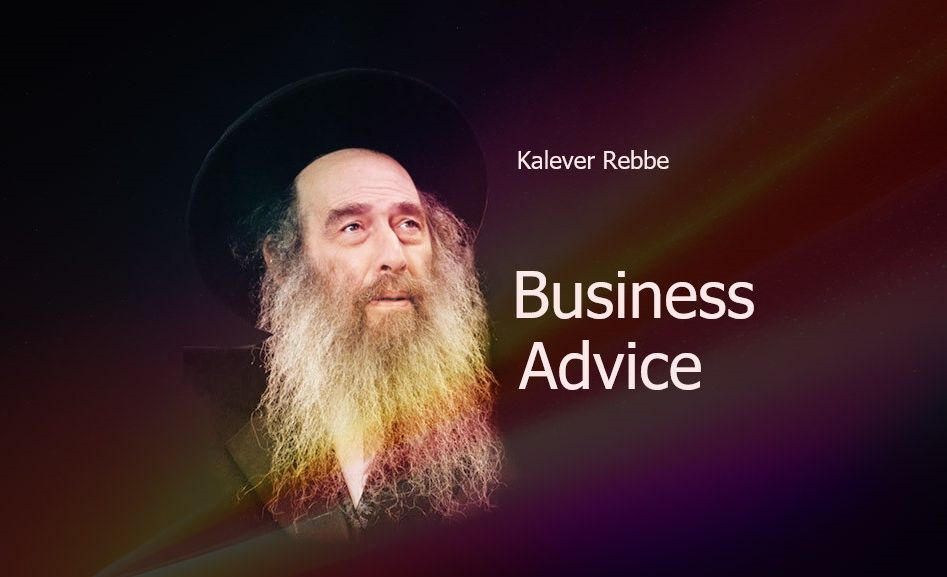
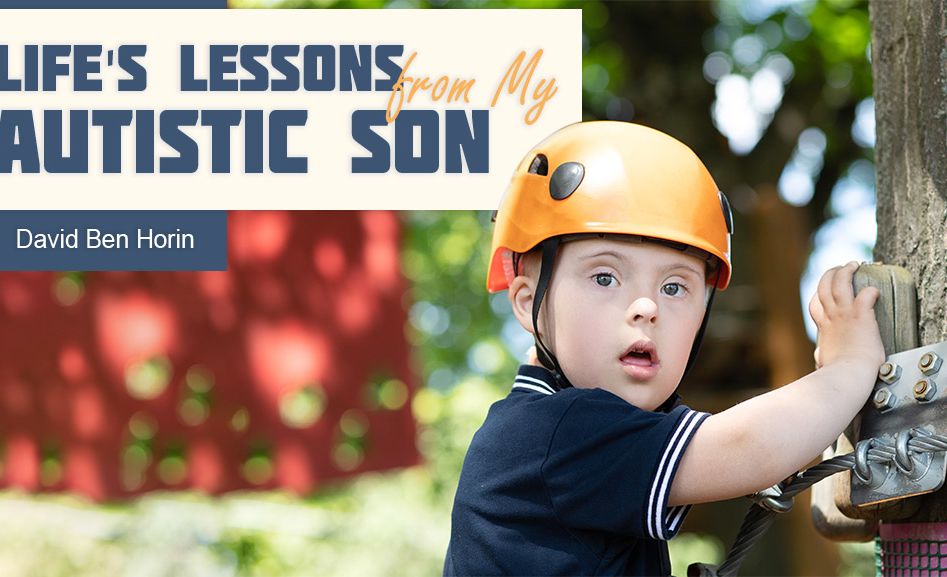
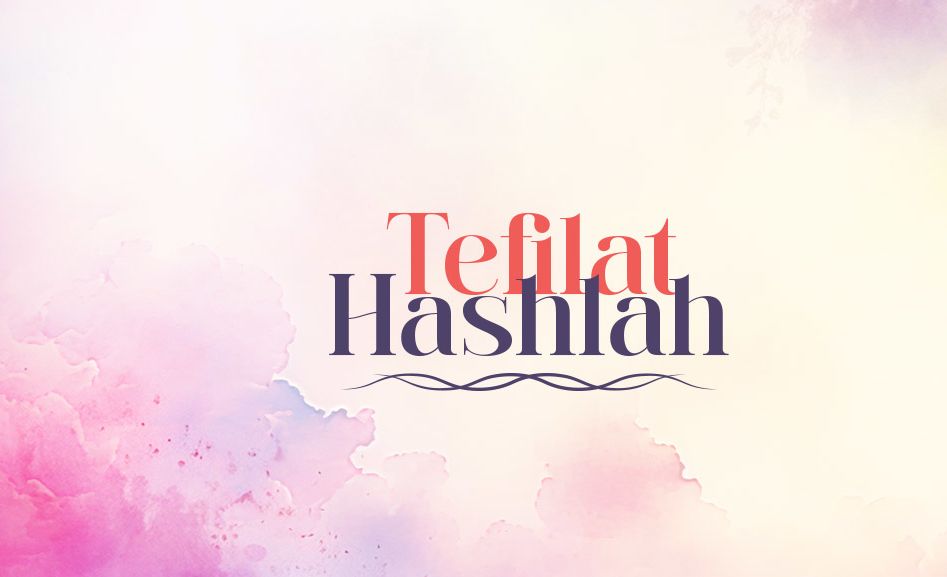
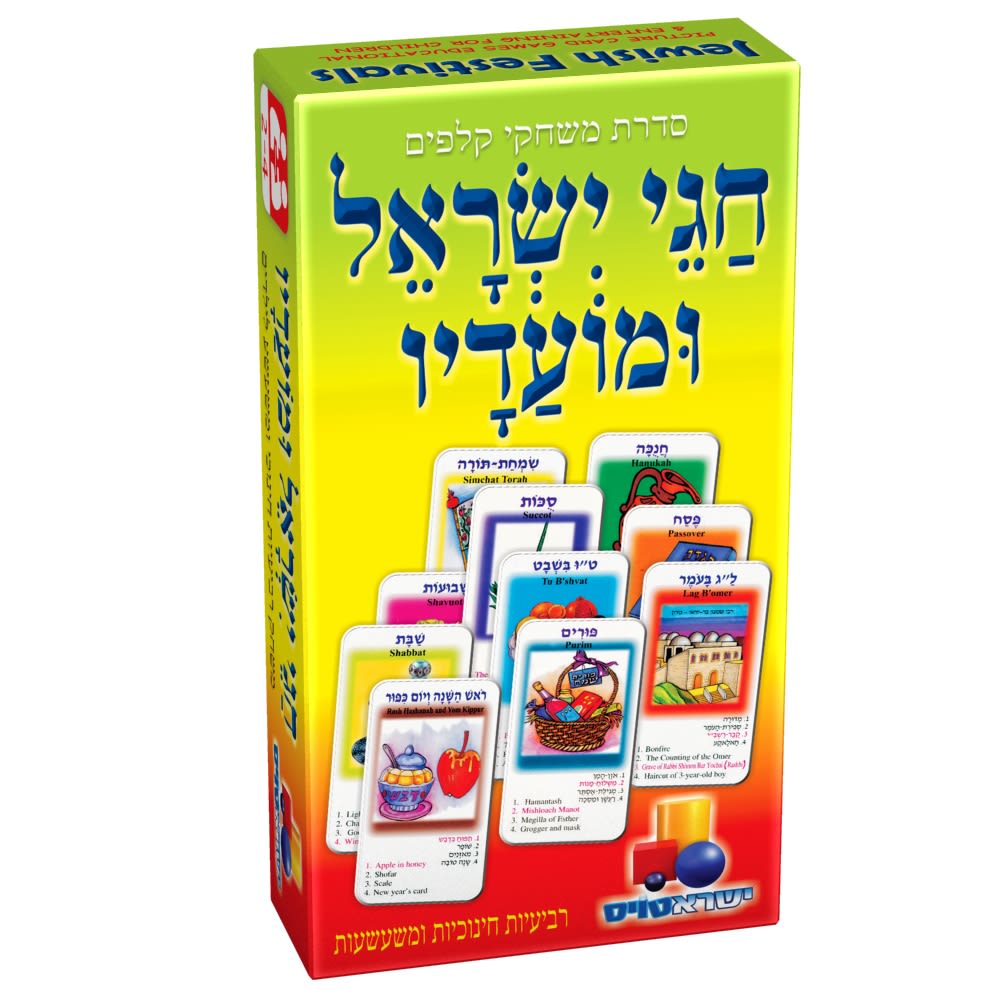
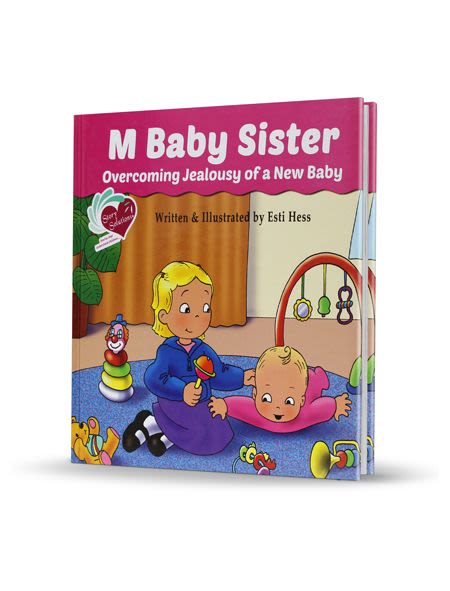
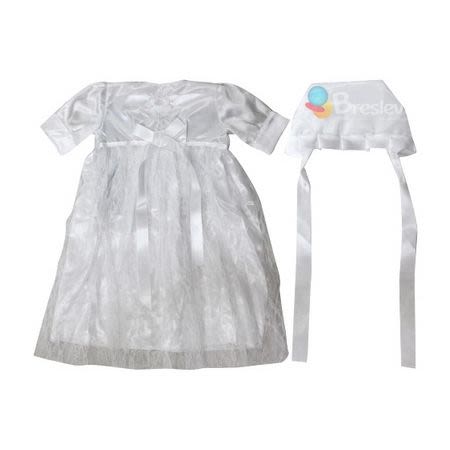


4/27/2009
being grateful Thank you so much for this frank and open article. I too have been reading this book and I wish I’d have heard about thanking Hashem for everything before this. It is very hard but it makes sense, you need to have emunah that everything is for your good and we get that by asking Hashem to help us believe it is for the good. It’s much easier to see with hindsight how much stronger my divorce has made me, for example but much harder when I’m facing a difficult situation at this moment.
4/27/2009
Thank you so much for this frank and open article. I too have been reading this book and I wish I’d have heard about thanking Hashem for everything before this. It is very hard but it makes sense, you need to have emunah that everything is for your good and we get that by asking Hashem to help us believe it is for the good. It’s much easier to see with hindsight how much stronger my divorce has made me, for example but much harder when I’m facing a difficult situation at this moment.
4/27/2009
Ferti;lity Advice-Low Glycemic Index Diet Some women might experience higher levels of fertility by lowering the glycemic index of her diet and/or reducing her carbohydrate intake. This means replacing bread, potatoes, rice and so on with unlimited green vegetables, proteins (including legumes), and good oil sources such as nuts, avacadoes, fish, olives, and so on, for at least two meals per day. Low glycemic index diets are typically for diabetics. While consulting women on childbearing matters, I occasionally saw relatively quick positive results with this approach. Why this isn’t more commonly offered as an option worth trying is a question of mine. Unlike most people, infertile women are more motivated and willing to modify their diet for a possible good outcome. Also even if it only seemed to work for a small percent of women, it would still be worthy information. I’m an advocate of word-of-mouth value because medical research has inherent weaknesses. May HaShem guide and bless you.
Jana Erb